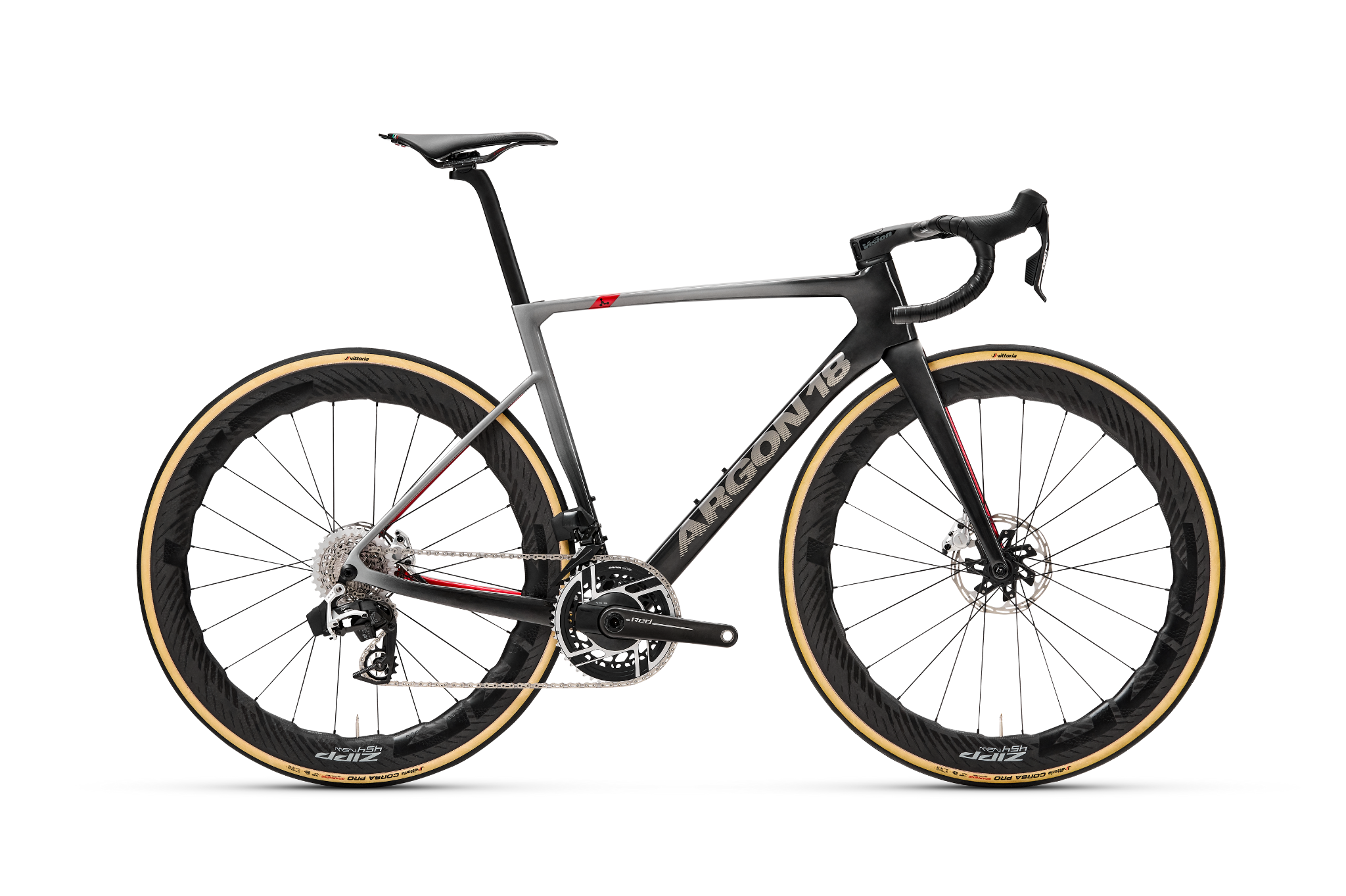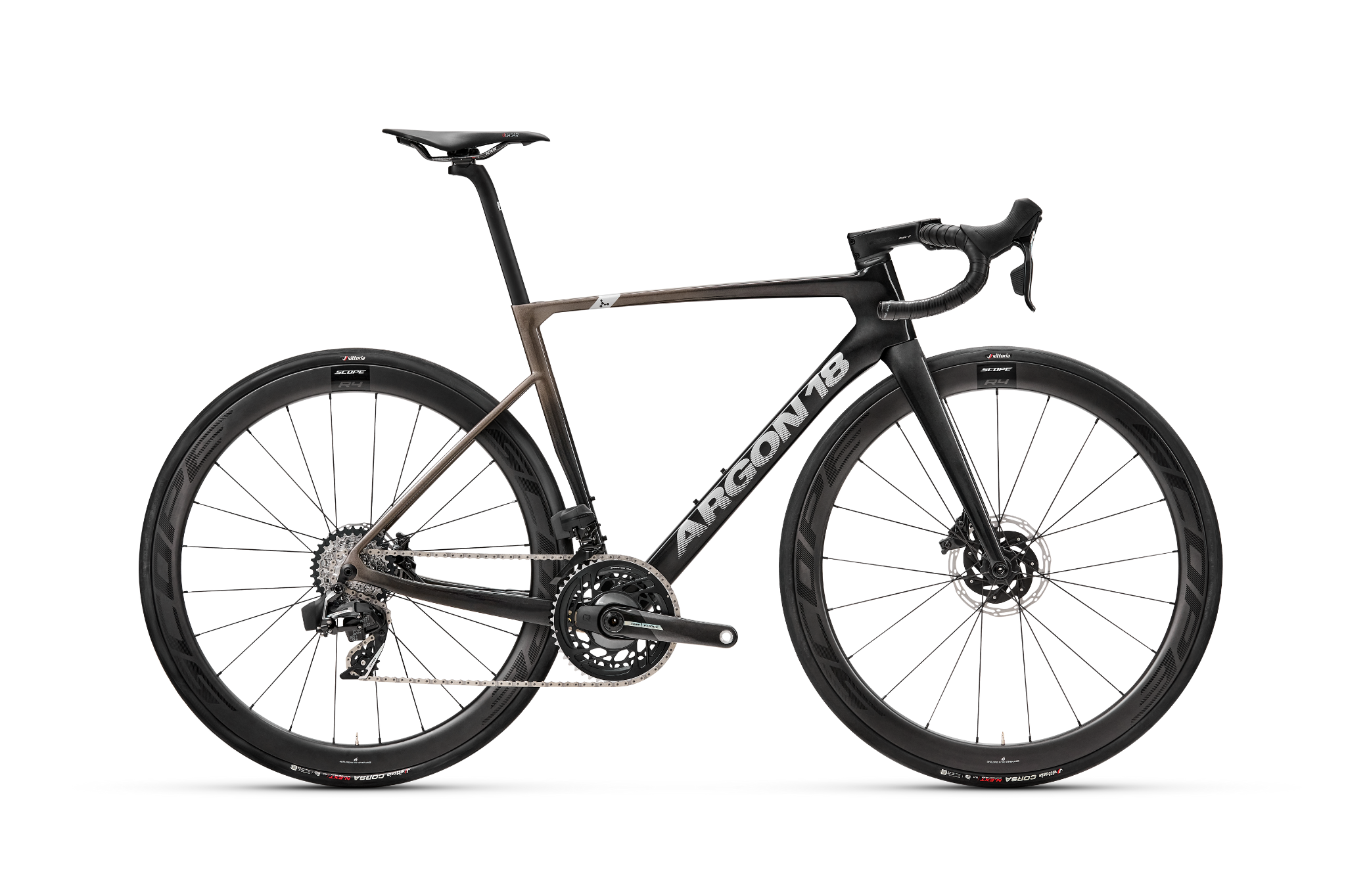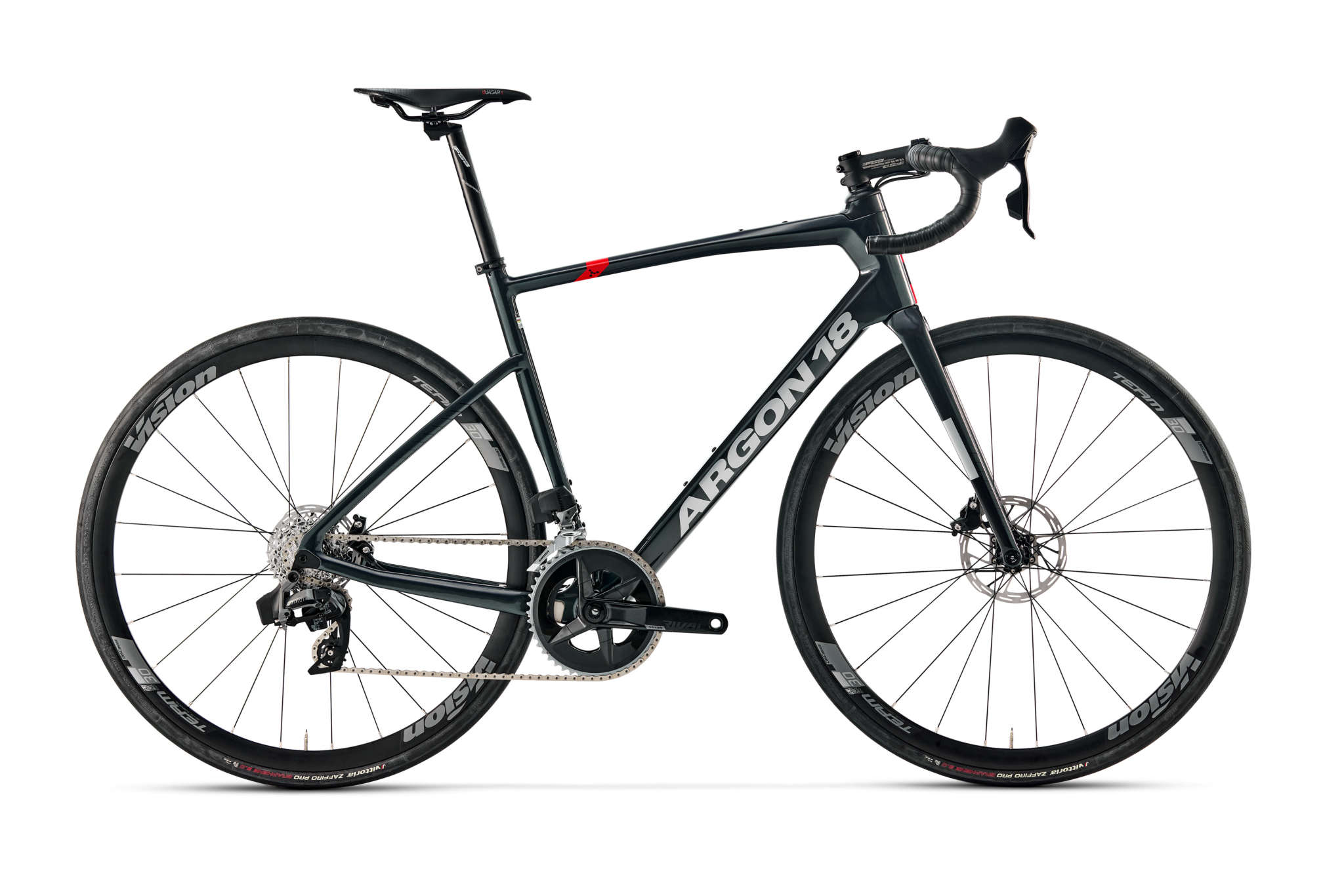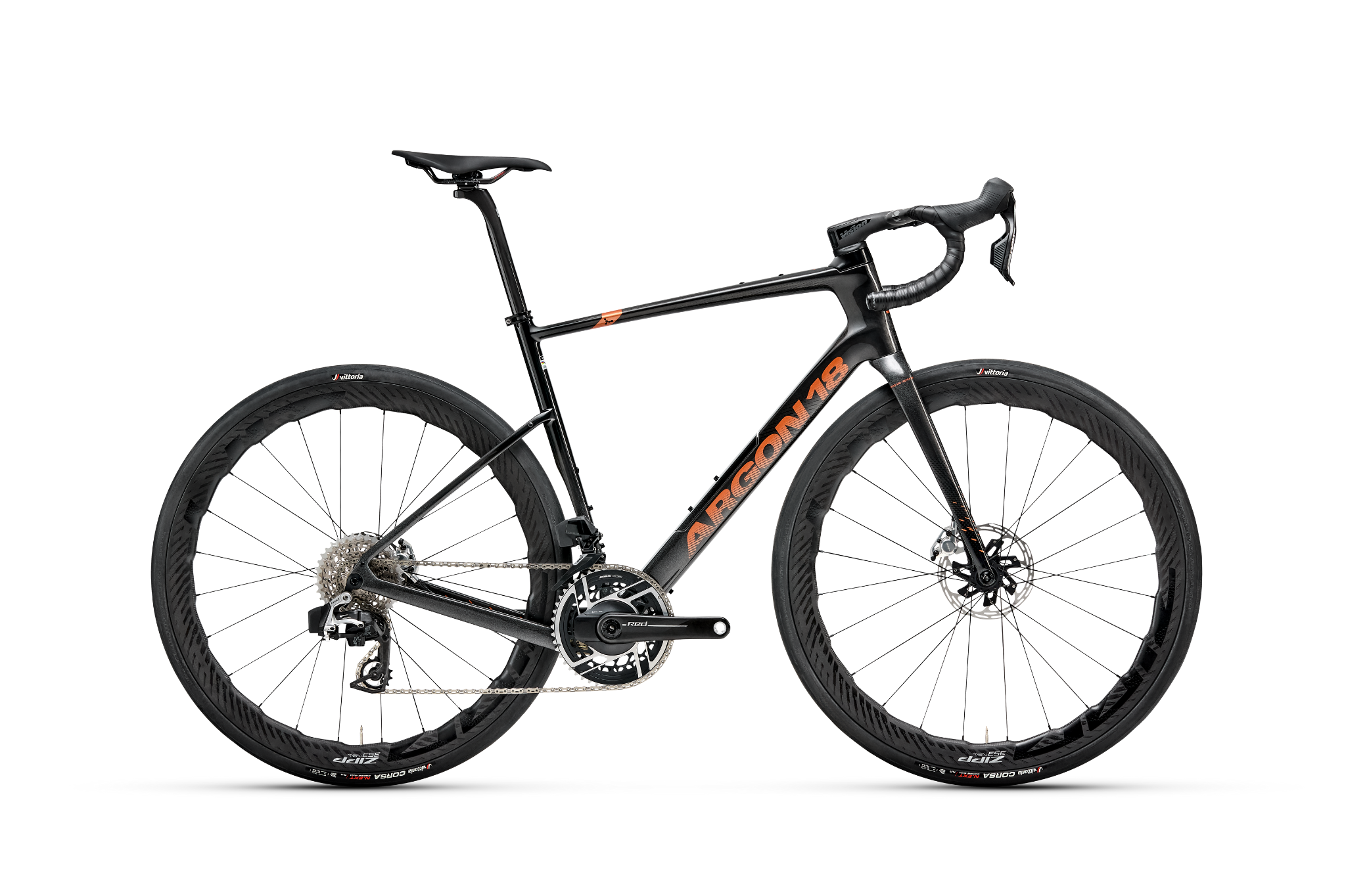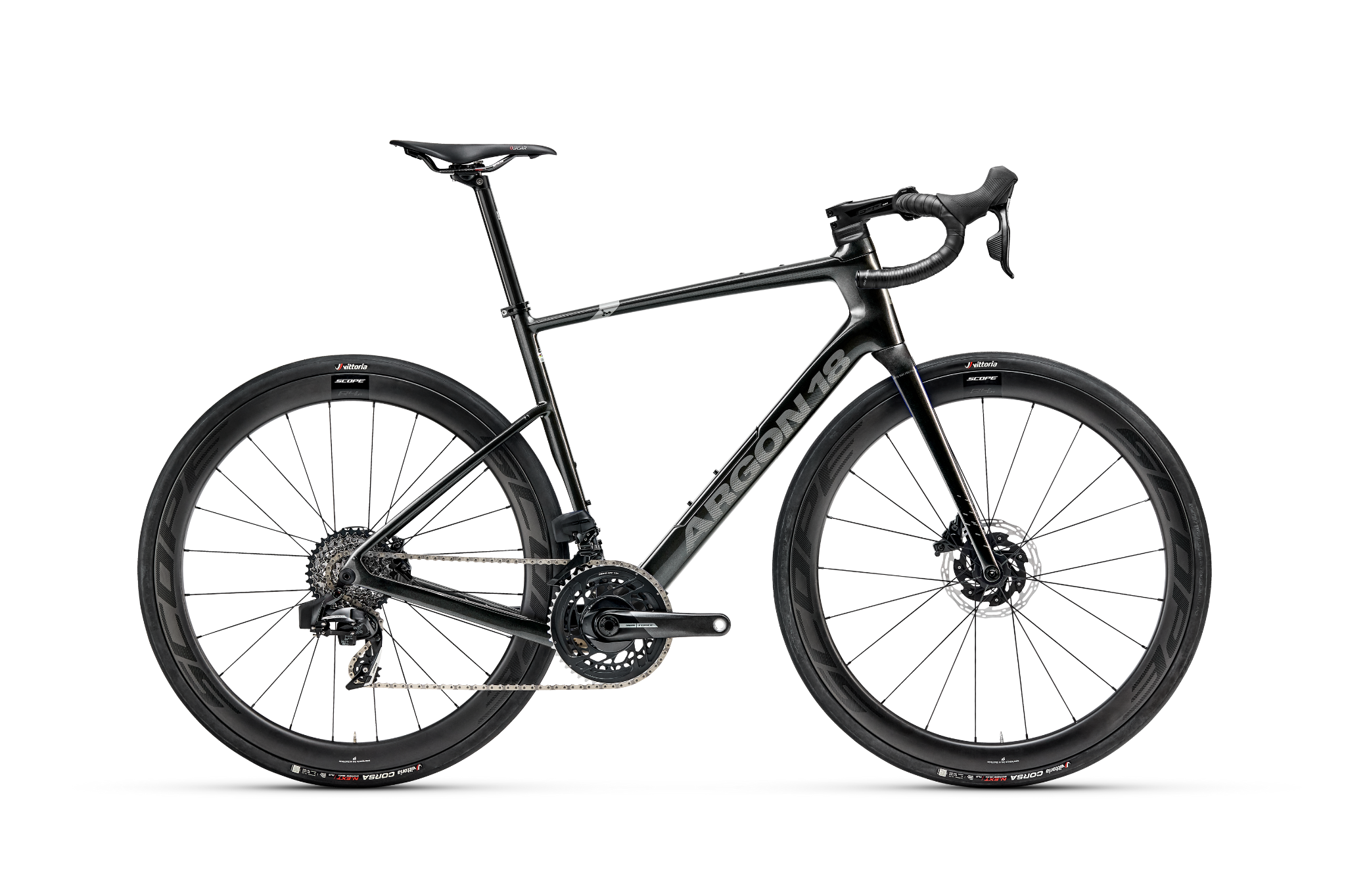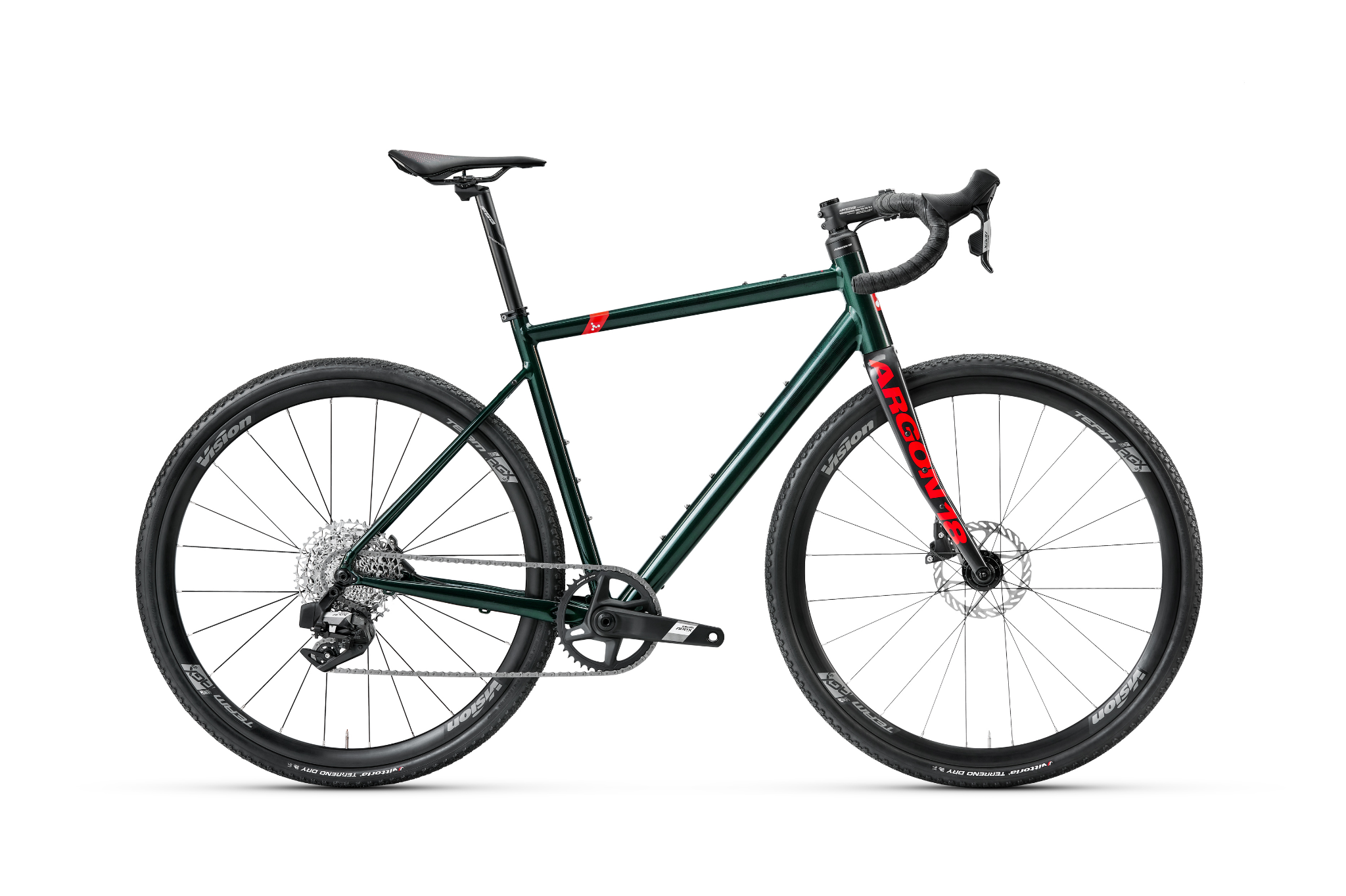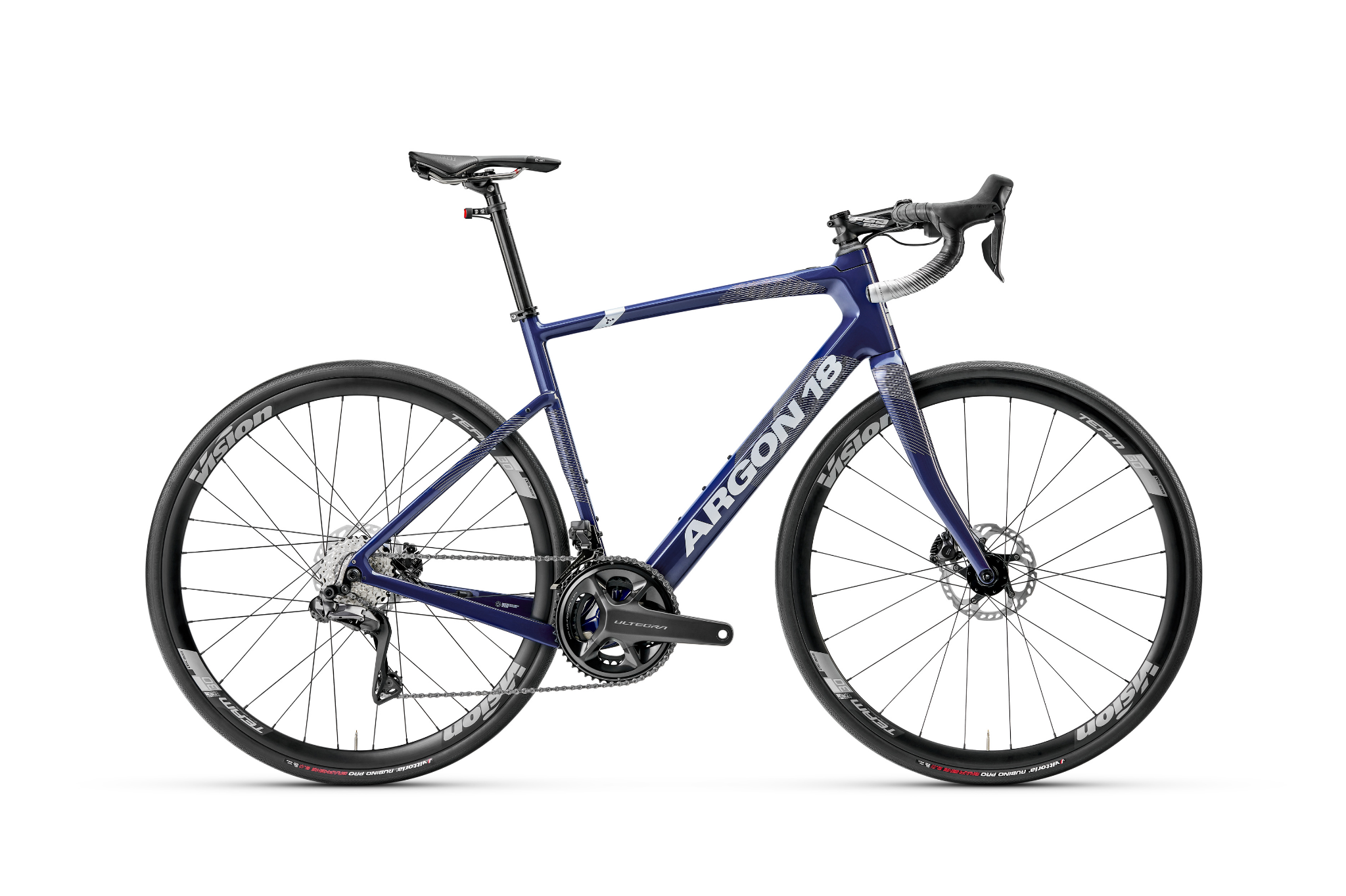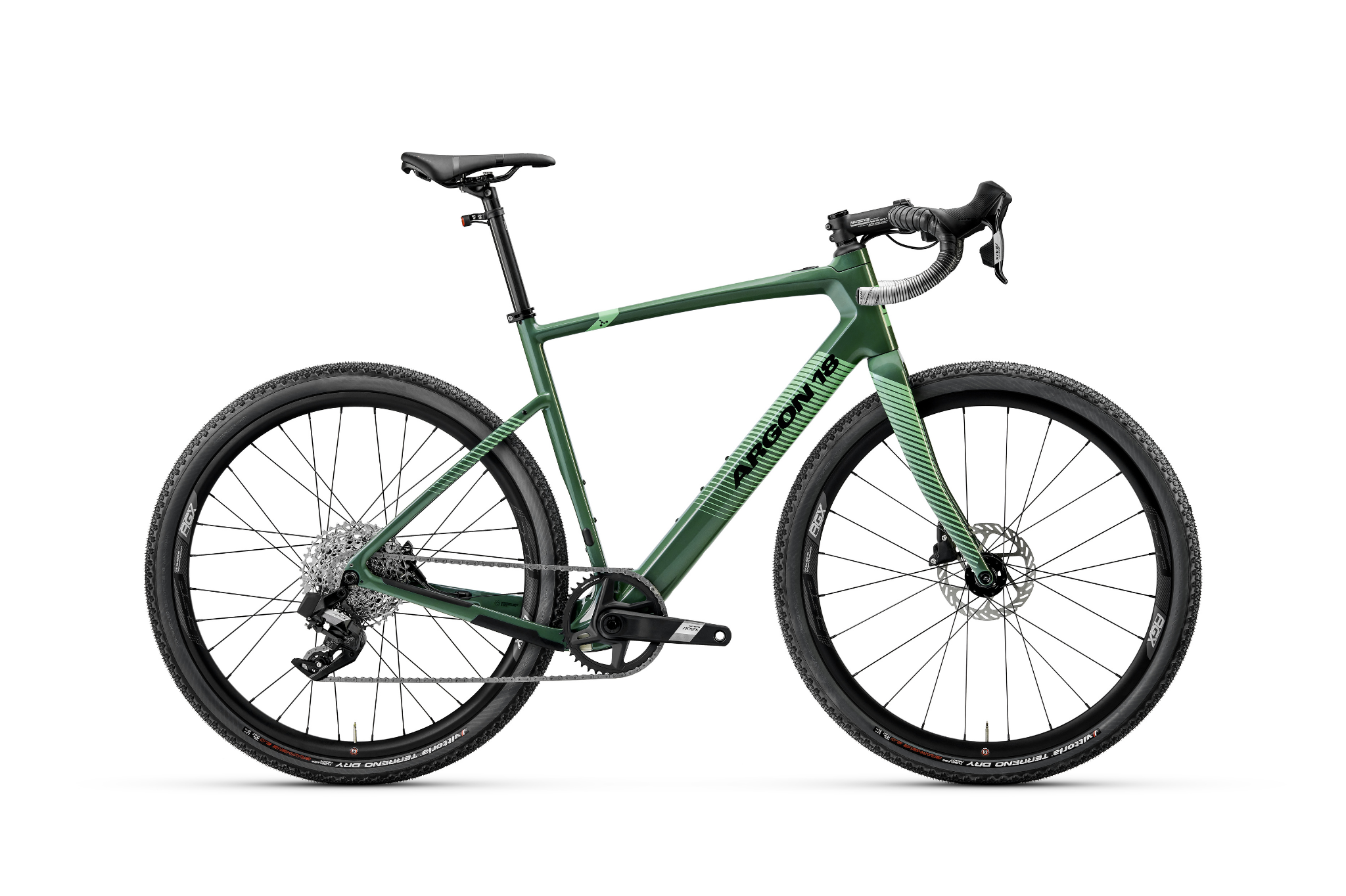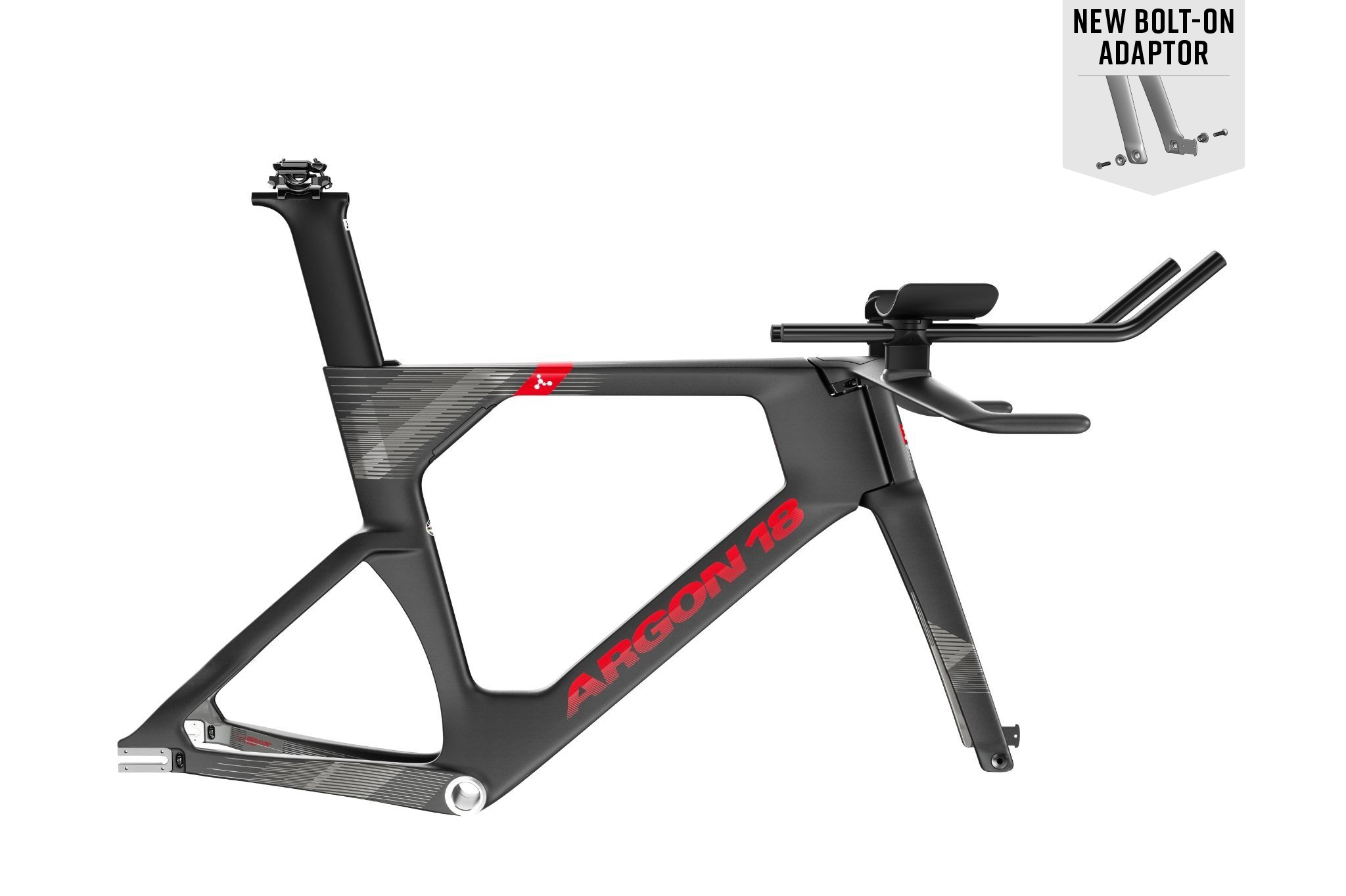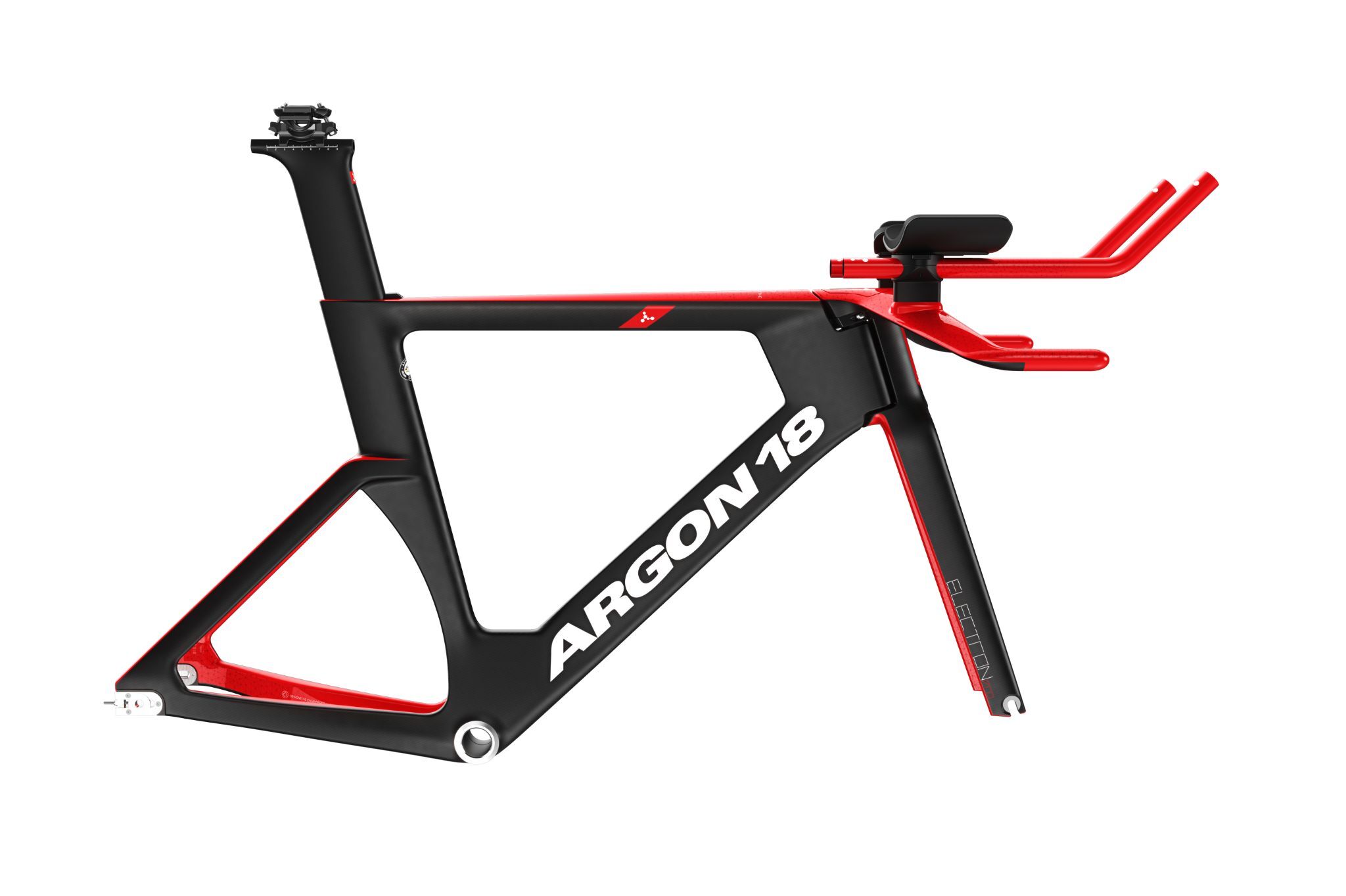Ride 2 Stop Suicide
The Ride to Stop Suicide (R2S2) is a coast-to-coast ride across America to raise awareness and funds to support veterans’ mental health efforts. Veteran and Project Echelon cyclist Aaron Hunnel will take on the 3100-mile challenge starting September 11th. Argon 18 had a chance to speak with him before he sets out.
Argon 18: Let’s start with the ride itself. When is it and what’s the route?
Aaron Hunnel: I’m riding across the country starting on September 11, 2021, the 20th anniversary of 9/11. I leave from Oceanside, California and will ride 140 miles each day for 22 days, finishing in Annapolis, Maryland. The 22 days is important – it’s estimated that 22 veterans die each day from suicide. September is also suicide prevention month, so it was important for the ride to connect to that as well.
While I was planning the route I reached out to a Ride Across America (RAAM) Facebook group and got a committee together to customize the route to keep me safe. With the help of these members, we made a few changes to (which incorporate parts of the Transcontinental route), and we came up with what we believed to be the safest route, even at the expense of additional climbing.
 PHOTO: @Aaron Hunnel
PHOTO: @Aaron Hunnel
Argon 18: What sparked this idea?
Aaron: As a military veteran, I think that purpose and connection are extremely important in life. And they are easy things to lose. Service members get purpose from the mission we have in the military and connection from the people we serve with – I grew up playing sports and the military is a team unlike any other I’ve experienced before. After coming back from deployments, I lost that purpose and sense of connection, and it took me to some dark places. So I started doing work in behavioral change and organizational change to make a difference for others going through similar experiences. And I learned that the same principles apply across the board – work, family, community – we all need purpose and connection throughout our life.
I’ve been helping people make changes for the past ten years now. Everyone is capable of making a change, but it can be scary. We might believe that we’re going to fail, or that the process is going to be really hard. Yes, we may struggle, but that struggle to learn something new pushes us to grow and become stronger. In order to help people through that process, I learned I had to do it myself first. I had to find out how to push myself and find my own potential, and to find my own purpose and connection. This ride is part of that process.
I’ve also been working a lot with the veteran’s community. While we all know veteran suicide is a problem, it’s not immediate for a lot of people. For me it is. A military veteran I was leading almost took their life, and when I spoke to the person afterward they wanted to share their reason for staying alive. They said, “I didn’t take my life because I didn’t want to disappoint you.”
That’s heavy. That’s extremely heavy. At the moment I realized the power of connection to promote life.
Going through that experience made me think I could be doing more about preventing suicide. I spoke with Eric Hill at Project Echelon, about the idea around the Ride 2 Stop Suicide. I wanted the ride to be about more than just raising awareness of the issue – again, people know veterans’ suicide is a problem – I wanted to talk about what we can do about it. You need a tool to help solve a problem to accomplish the mission. A bike is that tool. Life is that mission.
Argon 18: How is the bike the right tool in this case?
Aaron: The bike is powerful metaphor. Here are three ways to look at it:
First, if you are trying to get somewhere and you have a flat tire, you’re probably going to damage your tool if you keep riding. You’re probably also not going to get where you’re going, at least not very fast, and not if it’s very far. But you also can’t change the tire until you know how to do it, how to make the change. Knowledge is important. Once you have that knowledge and you put it into practice, you’re back on the road moving towards your goal or destination.
Second, on the bike you have to put in the work. It’s simple: you don’t move until you pedal. That work creates momentum which is necessary to accomplish goals, to find new places to explore, or to simply keep challenging yourself as part of your own transformation. Life moves forward and things work out when we put the work in.
And third: a bike goes in the direction you steer it. You need to have an intention, or purpose, and you steer in that direction. In life you have to set an intention, you need to say to yourself: this is where I want to go. Then you steer toward it.
 PHOTO: @Aaron Hunnel
PHOTO: @Aaron Hunnel
 PHOTO: @Aaron Hunnel
PHOTO: @Aaron Hunnel
Argon 18: The bike as a metaphor is very powerful. But what about getting on an actual bike?
Aaron: A bike is a way to cultivate purpose. It literally gets people moving and creates action. But it also cultivates a connection to other people through access to a community, because cycling is such a community-based activity.
Cycling is about intentionally pushing yourself, which means you intentionally struggle, but you do it to create strength. And you have a community that joins you in that struggle - and also joins you in that strength. It’s about co-creating value together. Then you can take that same intention to other parts of your life. You can map out a route of where you want to go, directions you want to take.
Argon 18: Why do you think this project resonates so much right now?
Aaron: We all need purpose and connection in life. When adversity strikes – and we are definitely living in a time of adversity – we need to remember how important it is to come together. Without connection there’s no effective collaboration that helps us move forward together, to build a community, or a country. Bottom line is people matter. Communities and countries are made up of people, and we are stronger together, having each other’s back.
Right now, I think many people want to be part of something to feel like they can make a difference. We are looking for that sense of purpose.
Argon 18: How can people get involved in R2S2?
Aaron: If you’re a cyclist and want to join in along the way, we’re publicizing the route and encourage everyone to come out for a few miles. We’re also looking for connections to veterans’ communities to get them involved. And you can donate. All money raised – and I mean every single dollar – goes towards buying bikes for veterans. We’re aiming for 100 Argon 18 Galliums to give away on Veterans’ Day 2021.



